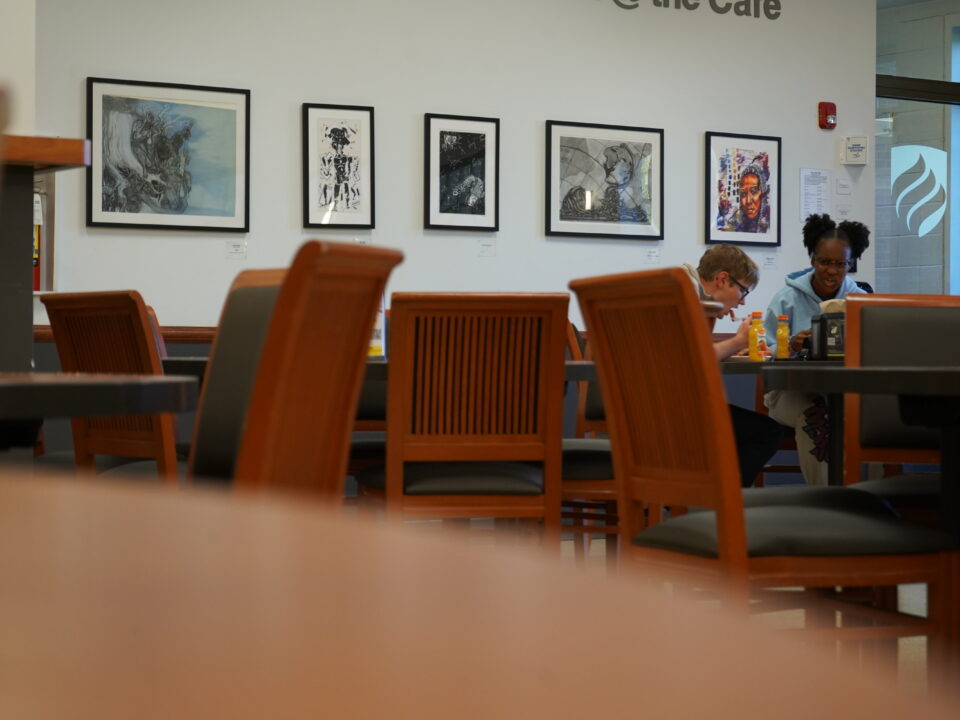EDITORIAL: Elmhurst University went green, now they need to go super-green

The Intergovernmental Report on Climate Change released a report last month stating that the Earth’s global average temperatures are likely to cross a critical threshold by the first half of the next decade.
Not to mention, the Earth is struggling with rising sea levels, intense drought in some areas, decreasing biodiversity, and more.
This is happening at a time when governments are approving major fossil fuel projects that are contributing to global warming, such as the Willow Project, an oil-drilling project that will take place in Alaska, and a coal-burning project in China.
While they may have some valid reasons for approving these projects, such as using fossil fuel now to avoid having to use it in the future, we can’t afford to keep continuing such activities at the rate we are now.

Graphic by — Abbey Mark
In light of these events, it is important that we all do our part to help protect our planet. Elmhurst is doing a lot already, such as making West Hall a LEED-certified residence hall, using biodegradable utensils in the cafeteria, and being an arboretum home to 850 trees and many more plants, just to name a few initiatives. But they could be doing a lot more.
For instance, they could offer incentives for students to use public transportation, such as offering free or discounted train or bus rides when students show their JayPass.
Since many motor vehicle exhausts emit greenhouse gas emissions that contribute to global warming, any initiative that can help reduce the amount of motor vehicles that pollute the air can make a difference.
They could also promote their OZZI containers movement more widely and make it more accessible to students. Currently, the OZZI containers system allows students to purchase a food container from the OZZI machine in the cafeteria for $7.95 and then retrieve a token for future use.
Perhaps by lowering the first-time-use price of this service and spreading the word about the movement, more students would be able and willing to partake in it.
Furthermore, they can provide more opportunities for students to help the environment, both inside and outside of class. Opportunities such as volunteer work with clearing invasive species or helping clean local lakes — or advocacy work that allows students to write action letters or emails to legislators about the importance of environmental protection — would allow students to make a difference within their own communities.
Combating climate change will not be an easy feat, as it will require effort and collaboration from all of us. However, it’s important that we don’t give up and that we keep striving for change both locally and globally; the health and future of our planet depends on our persistence.


